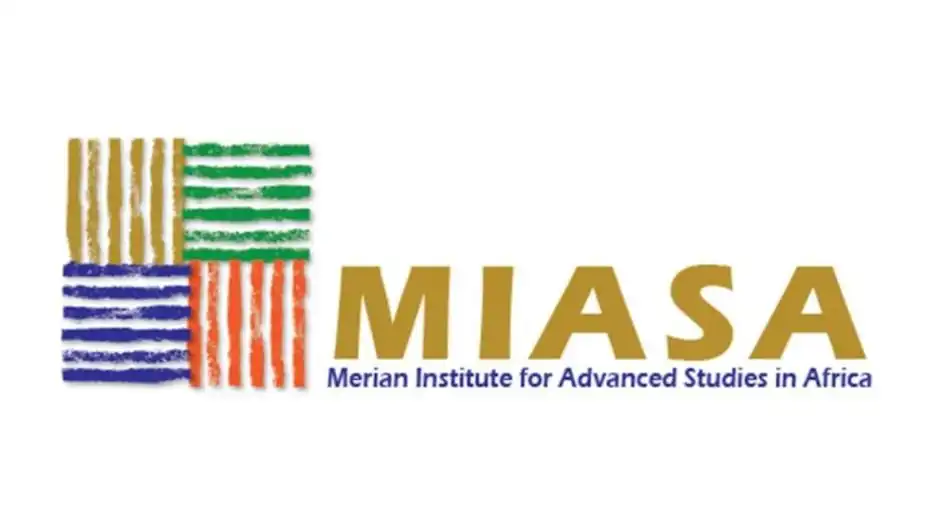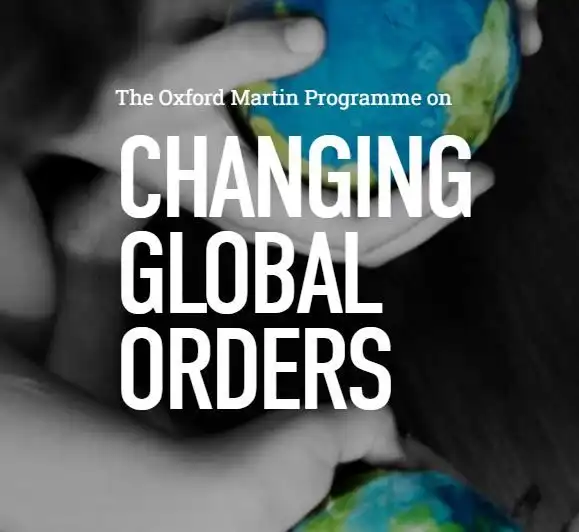Accueil>Sustainability for Whom? Challenging Power and Privilege in the Global Order
05.05.2025
Sustainability for Whom? Challenging Power and Privilege in the Global Order
À propos de cet événement
Le 05 mai 2025 de 18:00 à 19:00
Campus de Paris
27 rue Saint-Guillaume, 75007, ParisOrganisé par
CHSP/German Historical Institute Paris18h00 KEYNOTE (in cooperation with the German Historical Institute, Paris)
Conveners: Patricia Clavin (Univ. Oxford) and Jakob Vogel (Centre d'histoire de Sciences Po)
Hibist Kassa, Institute for Environmental Futures, University of Leicester in the United Kingdom/MIAS
Commentary: Andrew Thompson, Univ Oxford
The pursuit of sustainability in the contemporary world order is deeply intertwined with questions of expertise, power, and systemic inequality. Intersectional feminist perspectives reveal how the reproduction of inequalities under capitalism—rooted in race, class, and gender—undermines sustainable development, as seen in the historical neglect of care work and domestic labor. The global sustainability agenda, shaped by elite interests and market-based solutions, has failed to address systemic inequalities, exemplified by the rise of "broligarchs" - a new class of elites profiting from the digital economy and energy transitions, while sidelining Global South demands for debt cancellation and loss and damage financing. Artisanal and small-scale mining (ASM) in Africa illustrates these tensions. In the Democratic Republic of Congo (DRC) artisanal cobalt mining is fueled by global demand for renewable energy technologies while leaving miners, including women, trapped in cycles of poverty, conflict and vulnerability. Grassroots organizations of mining affected communities, women’s organizations and artisanal mining associations and civic networks, have emerged to advocate for fair earnings, safer working conditions, end to gender-based violence, and environmental sustainability, challenging the dominance of elite-driven governance models. Meanwhile, popular movements for the criminalization of artisanal mining to protect water bodies and forest reserves have emerged as in Ghana. Addressing the intertwined crises of inequality, ecological degradation, and systemic injustice requires centering the experiences of the most marginalized and linking grassroots movements with context specific policy. By challenging the dominance of elite interests and neoliberal regimes, we can reimagine sustainability as a project of equity, justice, and world-making. This demands not only expert-led interventions but also a commitment to dismantling the structures of power and privilege that perpetuate inequality in the global order.
Biography
Dr Hibist Kassa is Policy Interface Fellow at the Institute for Environmental Futures, University of Leicester in the United Kingdom. She is an Associate Editor with the Agrarian South Network Research Bulletin, a tricontinental network of researchers in Africa, Latin America and Asia. Hibist was awarded her doctorate in Sociology from University of Johannesburg, on Artisanal and Small-scale mining in Ghana and South Africa, which was funded by the National Research Foundation of South Africa. She also holds an MPhil in Political Science and BA in Political Science and Geography and Natural Resource Development from the University of Ghana, which was supported by the Albert Einstein German Academic Fund for Refugees (DAFI) Tertiary Scholarship Programme. In 2024, Hibist was part of the Interdisciplinary Fellowship Group 11 on sustainable mining in West Africa at the Merian Institute for Advanced Studies in Africa (MIASA) in the University of Ghana. She has worked in feminist networks and policy research institutes in Africa for over a decade and is a former Development Alternatives with Women in a New Era (DAWN) Executive Committee member. She has published on academic and popular platforms on artisanal mining policy, Land, Social Reproduction, Imperialism and Conflict in Africa and Political Economy of Natural Resource Governance.
 |  |
 |  |
 |
À propos de cet événement
Le 05 mai 2025 de 18:00 à 19:00
Campus de Paris
27 rue Saint-Guillaume, 75007, ParisOrganisé par
CHSP/German Historical Institute Paris